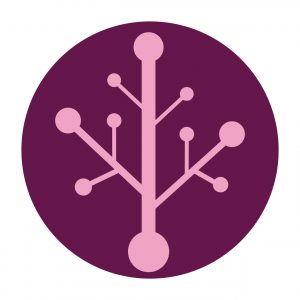New IFC report identifies seven inclusive business models that make a difference
New IFC report identifies seven inclusive business models that make a difference
The International Finance Corporation (IFC), a member of the World Bank Group, has released its latest report on inclusive business, titled Accelerating Inclusive Business Opportunities. It identifies seven inclusive business models that expand access to goods, services, and livelihood opportunities for the world’s poorest people while generating strong financial returns.
These models are helping companies turn underserved populations into dynamic consumer markets and diverse new sources of supply. In the process, companies are developing product, service, and business model innovations with the potential to tip the scales of competitive advantage in more established markets as well. The report summarizes and analyzes patterns in the solutions companies with inclusive business models are using to succeed.
The report’s findings are based on an analysis of IFC’s portfolio, which found that mature investments in companies with inclusive business models show financial returns very similar to those of IFC’s portfolio as a whole, while having a larger impact on development. The seven models identified in the report are:
- Micro distribution and retail, reaching base of the pyramid end consumers who tend to make small, frequent purchases through retailers who need small, frequent deliveries and the ability to buy on credit.
- Experience-based customer credit, lending to customers the company knows are credit-worthy through past experience.
- Last-mile grid utilities, extending infrastructure grid coverage to more distant and often lower-income neighborhoods.
- Smallholder procurement, turning geographically dispersed smallholder farmers into reliable sources of quality supply.
- Value-for-money degrees, making university education accessible to low-income students.
- Value-for-money housing, making home ownership possible for low-income buyers through a combination of high-value-for-money housing and facilitated access to mortgage financing.
- E-transaction platforms, enabling low-income people to pay for goods and services electronically, at lower cost and risk than paying in cash.
In the past five years, IFC has invested over $5 billion in more than 200 companies that focus on inclusive business models, in nearly 80 countries. IFC’s Inclusive Business Group, launched in 2010, is dedicated to mining IFC’s portfolio for lessons learned and connecting people, resources, and ideas in support of inclusive business clients.
The IFC has also released a set of 31 case studies on IFC’s portfolio companies with inclusive business models. Together these companies are profitably providing goods, services, and livelihood opportunities to more than 100 million people at the base of the economic pyramid. IFC has invested in all of the models profiled in the report, meaning that financial, environmental, and social due diligence was done; that the financial projections showed a sufficiently high commercial return; and that all projects have been monitored on a quarterly basis for financial, environmental, and social results.

